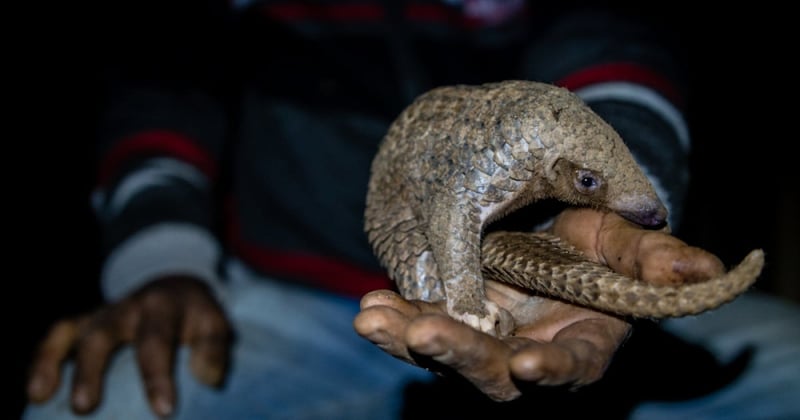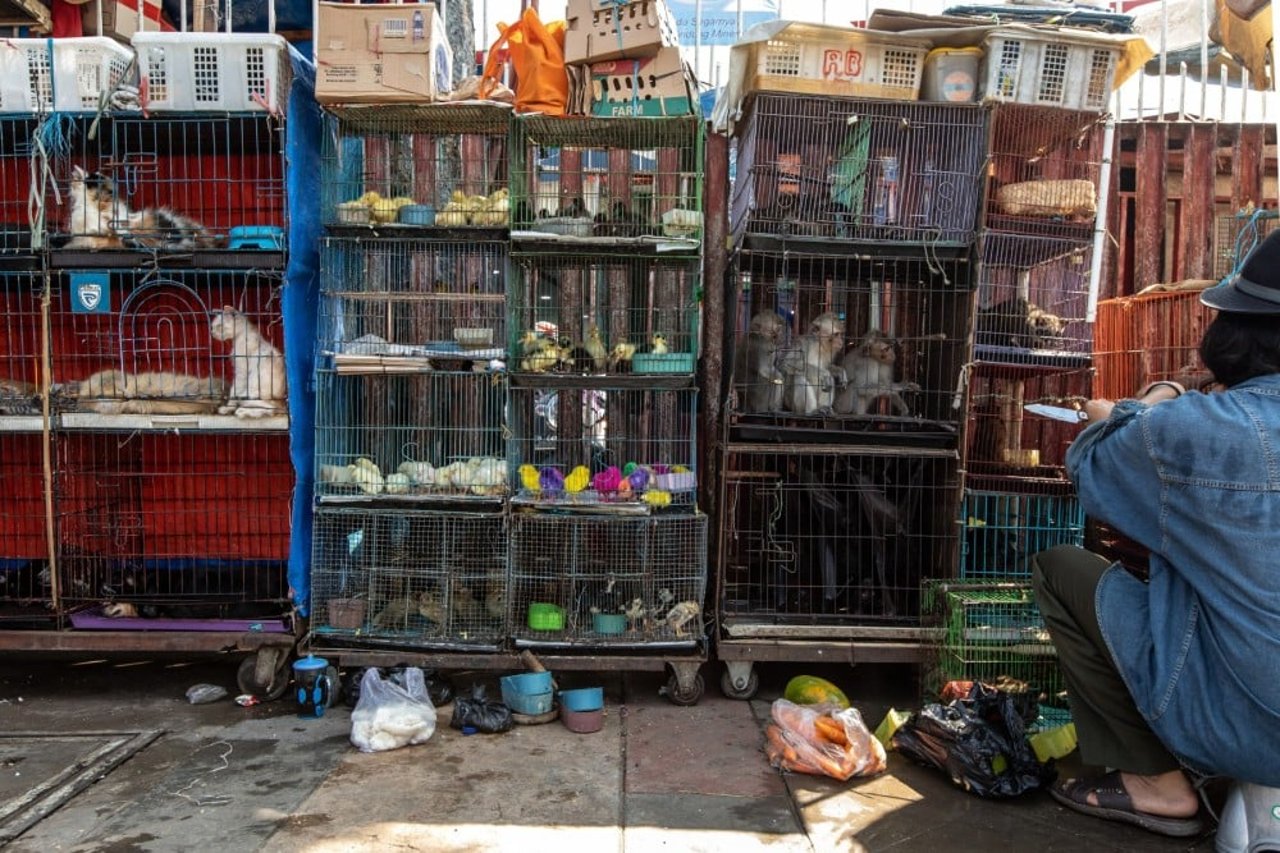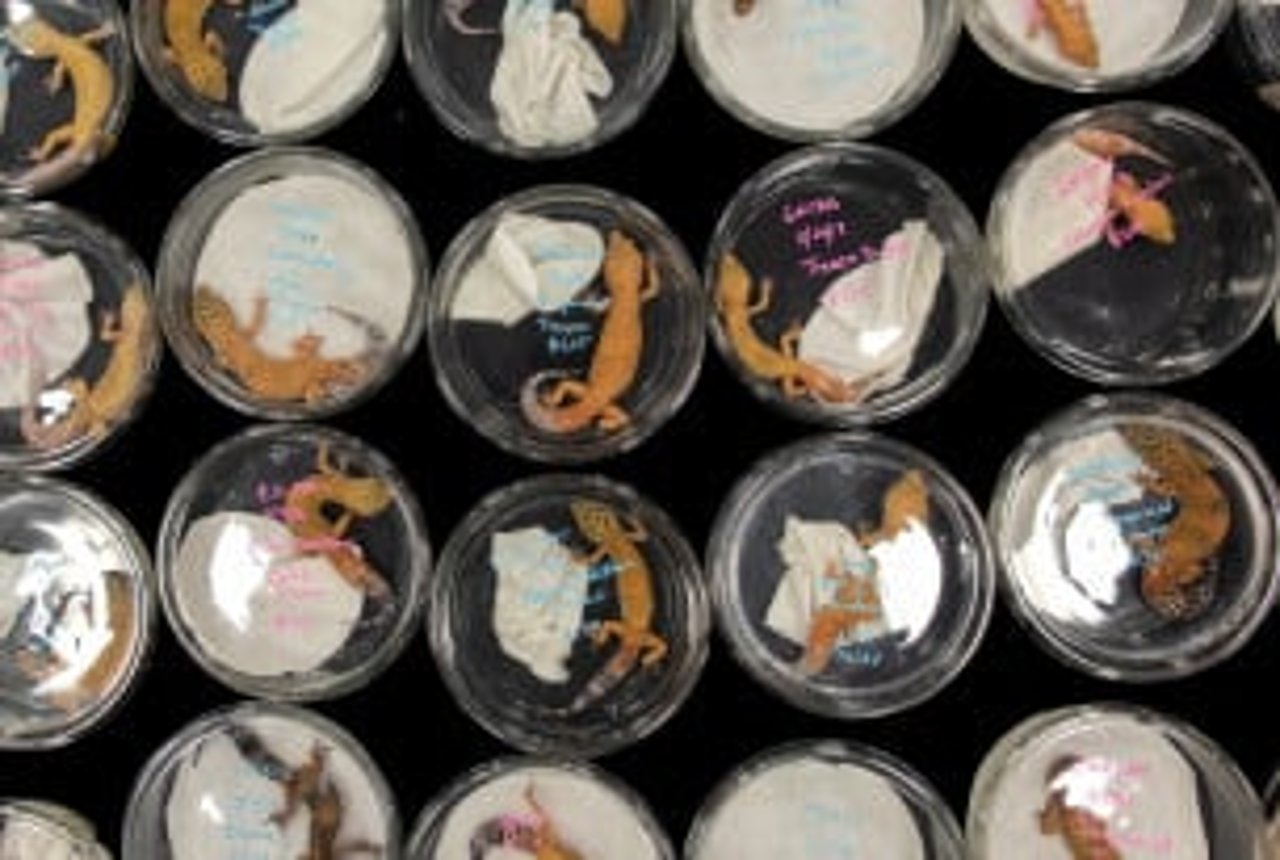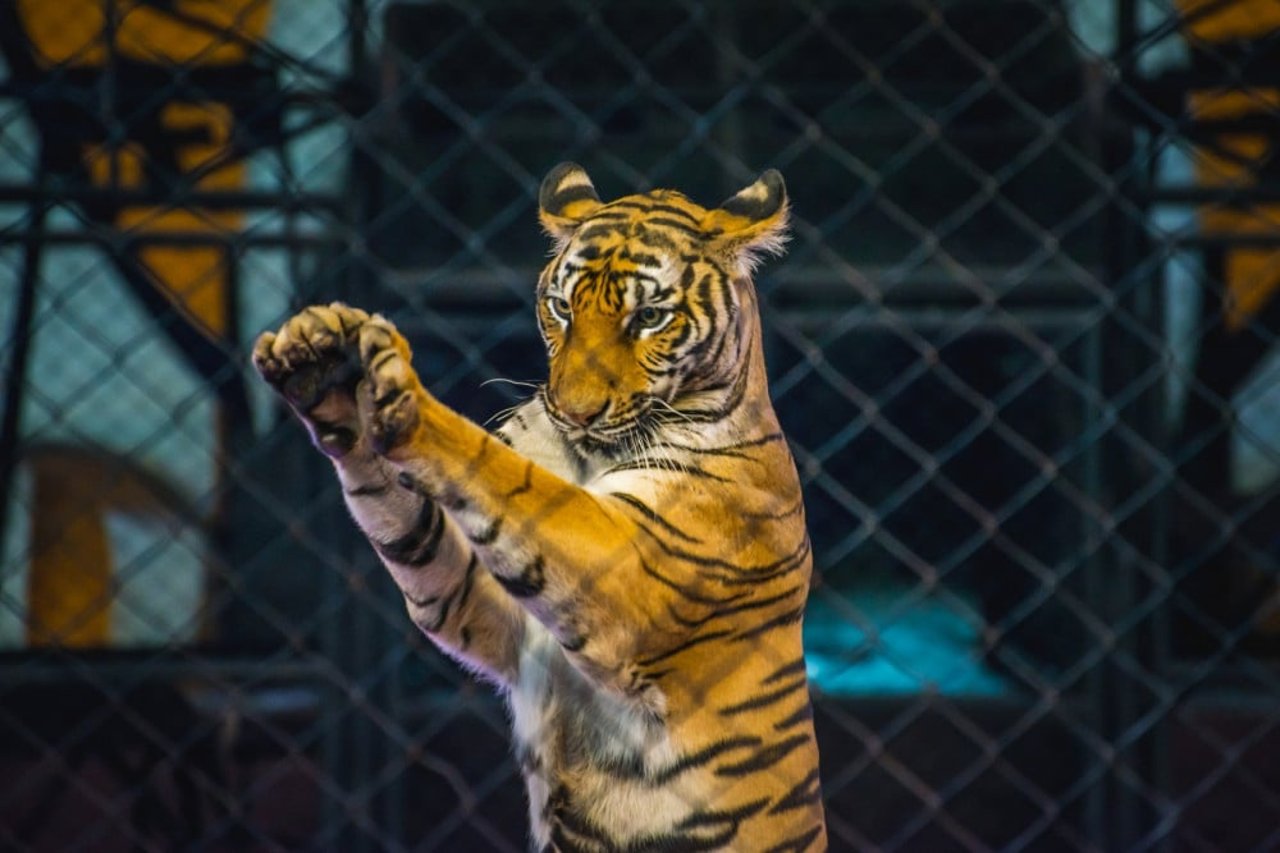
G20: Ending the wildlife trade must be your top priority this weekend
Blog
When G20 health ministers meet Sunday 19 April 2020, agreeing measures to prevent another coronavirus pandemic must be their top priority. An essential step will be a global ban on the exploitation and trade of wild animals - the likely source of the COVID-19 virus
This blog was written by Ben Pearson, Head of Wildlife Campaigns in our Australia office.
With the global death toll rising, many governments have taken laudable steps to slow the spread of coronavirus. But the impact on the global economy and population has been severe, and it will take years for us to recover. We must do all we can to stop another pandemic occurring.
Understanding coronavirus
Understanding the source of this pandemic is essential to avoid a repeat in the future. COVID-19 is a zoonotic disease, meaning the severe acute respiratory syndrome coronavirus 2, originated in animals and was passed to humans, where it caused the disease.
Overall, 60 per cent of emerging infectious diseases are zoonotic, with 70 per cent of these thought to originate from wild animals. In the case of COVID-19 and previous virus-related pandemics, the outbreak started at a live animal market.
Markets like this one in Jakarta must be closed forever, but the problem with wild animal exploitation goes well beyond these markets
This goes beyond live animal markets
But, a singular focus on live animal markets obscures the bigger picture. Live animal markets are possibly the most shocking and visible part of the global trade in wild animals, that is not only immensely cruel, but immensely dangerous.
Globally, millions of wild animals are captured, bred and traded every year for medicine, clothing, pets and entertainment. For those not slaughtered upon capture, their lives are often one of boredom, abuse and suffering.
The horrors of the wildlife trade should be reason enough to ban it. Yet the COVID-19 disaster demonstrates that the trade is not only an animal welfare catastrophe, it is a global health risk.
Wildlife trade is the threat
Wild animal diseases are usually of no significant risk to people, because of the limited opportunities for the pathogens to infect people if the animals remain in the wild.
Pathogens jumping between different wild species is also less common in the wild, reducing the risk of reducing the risk of becoming infectious to people. This changes however, when wildlife trade comes into play. Often, the wildlife trade brings together a wide variety of animals that would typically have no contact in the wild, creating a hotbed of lethal diseases.
Add to that, the appalling and stressful conditions that the animals endure, leave them immunosuppressed, making it even more likely they will succumb to infection or harbour pathogens. And, by bringing those animals into contact with humans in a variety of ways, the trade makes it possible for new diseases to arise and jump the species barrier.
Tigers like this are bred for a lifetime of suffering in captivity. This kind of exploitation must also end to protect animals and our own health
We must end the global wildlife trade forever
Stopping future disease outbreaks means rethinking our relationship with wild animals. Exploiting and commodifying them as we do for a variety of purposes is not just unethical, it is unsafe. We need to start practising social distancing between humans and wild animals, leaving wild animals in the wild where they belong.
There are already positive signs that change is happening. The Chinese government has put in place a ban on the trade of wild animals for consumption, and the Vietnamese government is in the process of introducing a similar directive. But, with fears live animal markets may reopen after lockdowns are lifted, as they did after the SARS coronavirus outbreak of 2003, more needs to be done.
As with previous international crises, the G20 needs to show leadership and we must ensure they do. Bans must be applied across all wildlife trade and made permanent, comprehensive and properly enforced. The alternative is waiting for the next coronavirus to jump the species barrier and inflict further death and devastation. There can be no greater priority for G20 Health Ministers than avoiding this outcome.


